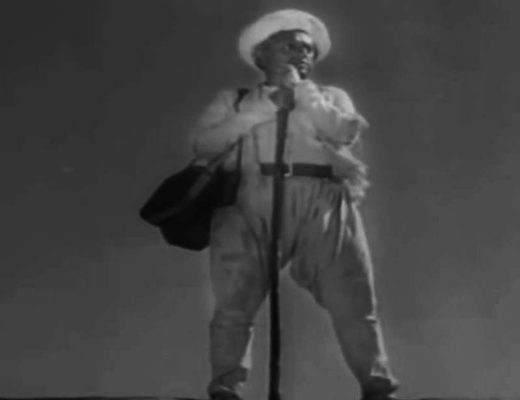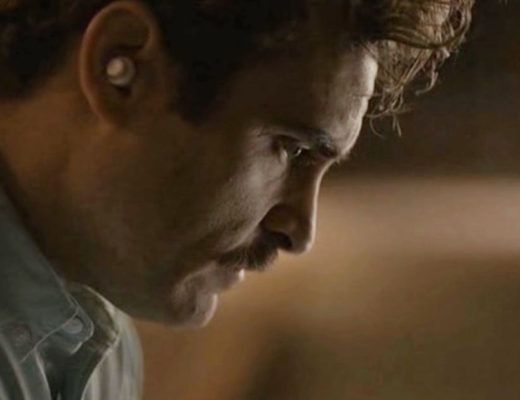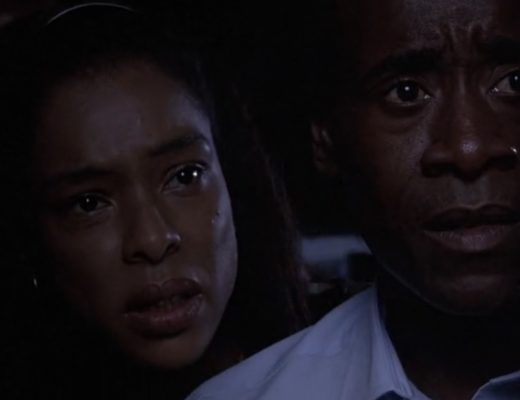
The films of Satyajit Ray, when adapted from fictions, were his personal interpretation of the stories. Aranyer Din Ratri is no exception. The film seems to be entertaining, interesting and honest precis version of the novel written by Sunil Gangopadhyay whose essence has been kept intact successfully.

It’s may not be always required or possible to be faithful to the novel a 100%. Ray could take the essence of the fiction and retell the story in the form of movie. It seems there are no unnecessary scenes anywhere in the length of the film. All shots are meaningful and necessary and are “stiched” in a way which effectively and effortlessly drives the story forward and keep the audience interested.
The film is visually rich and the shot compositions seem to justify the needs of the underlying meaning of the particular shots .
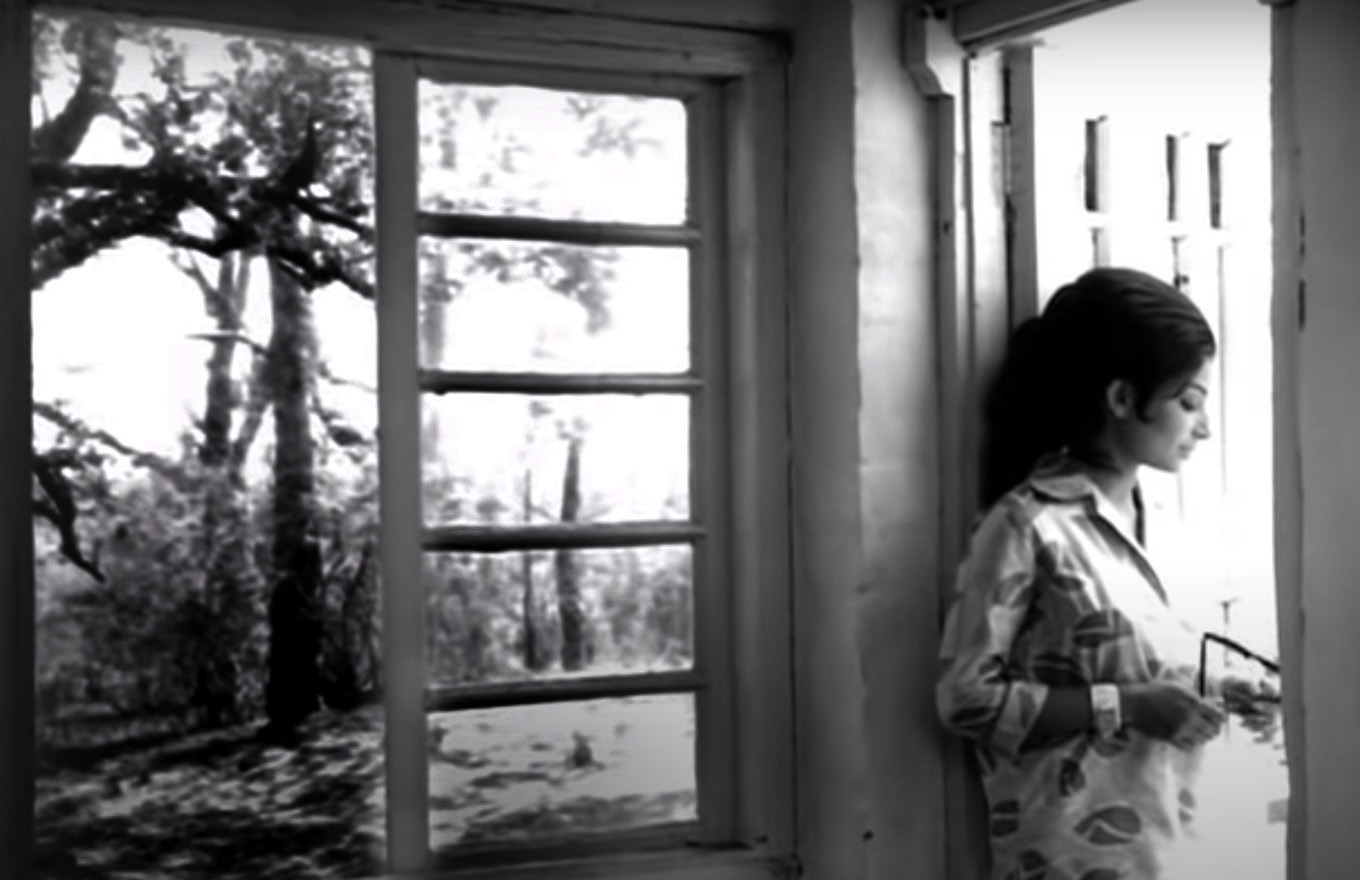
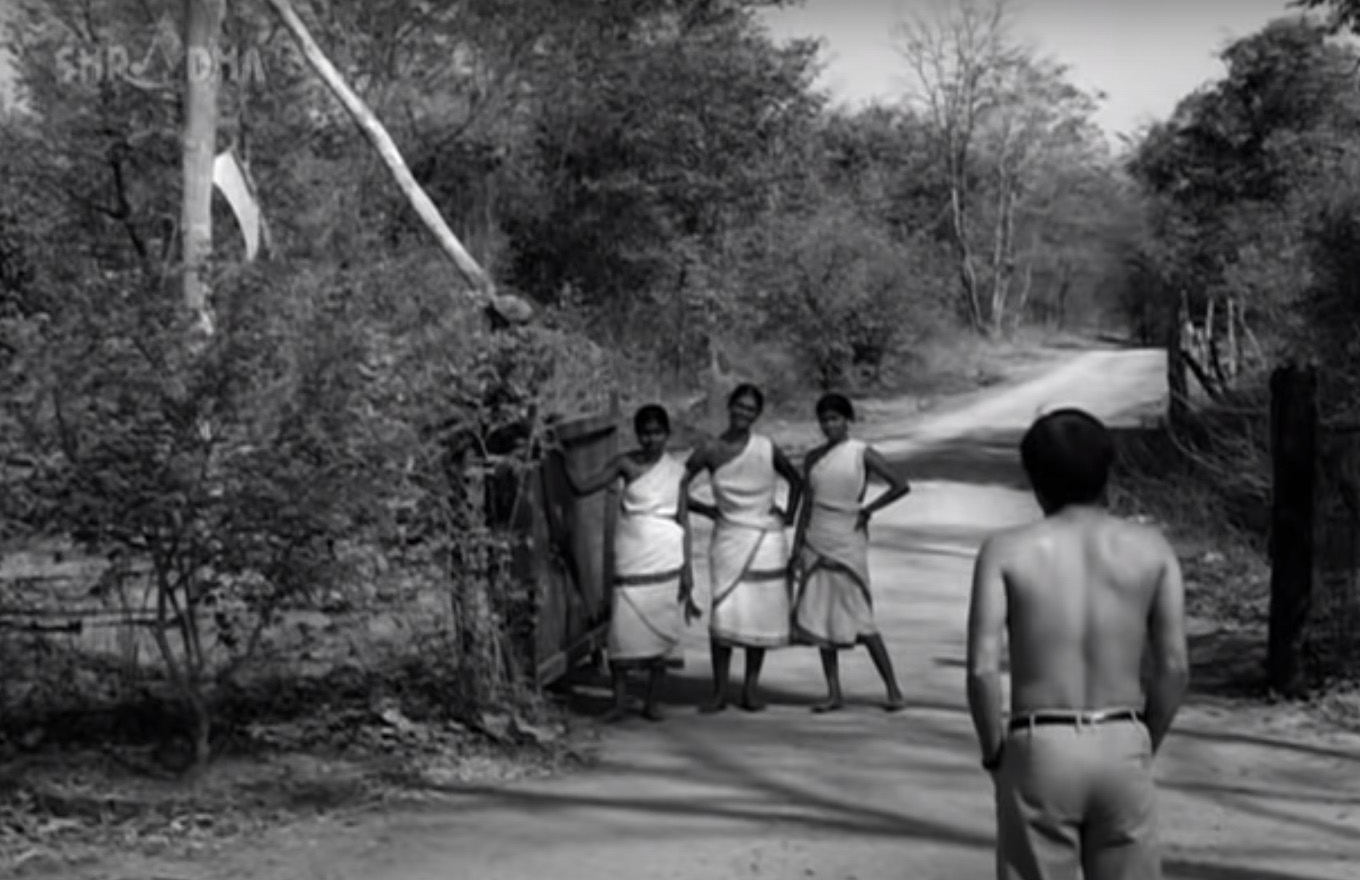
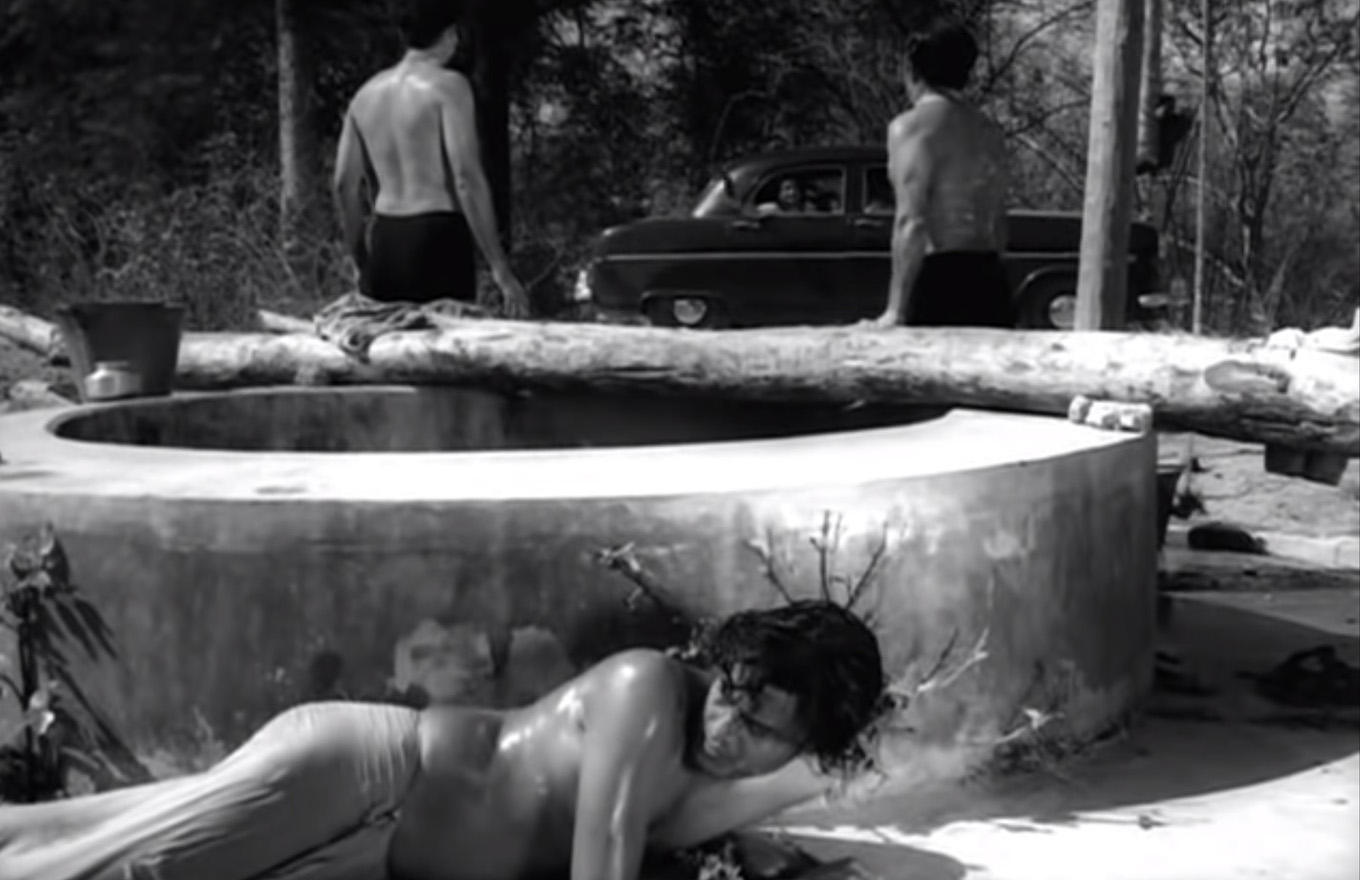
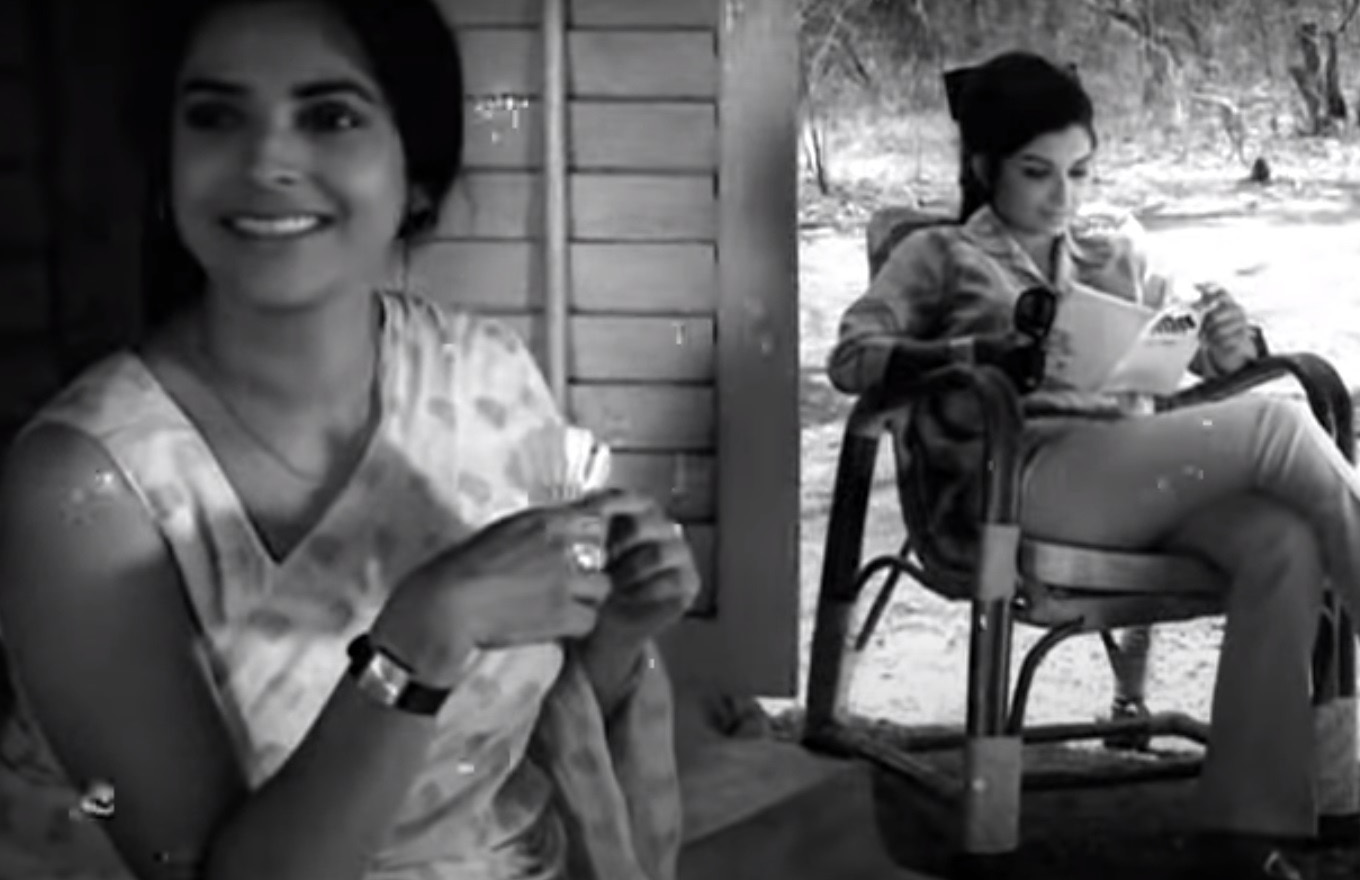
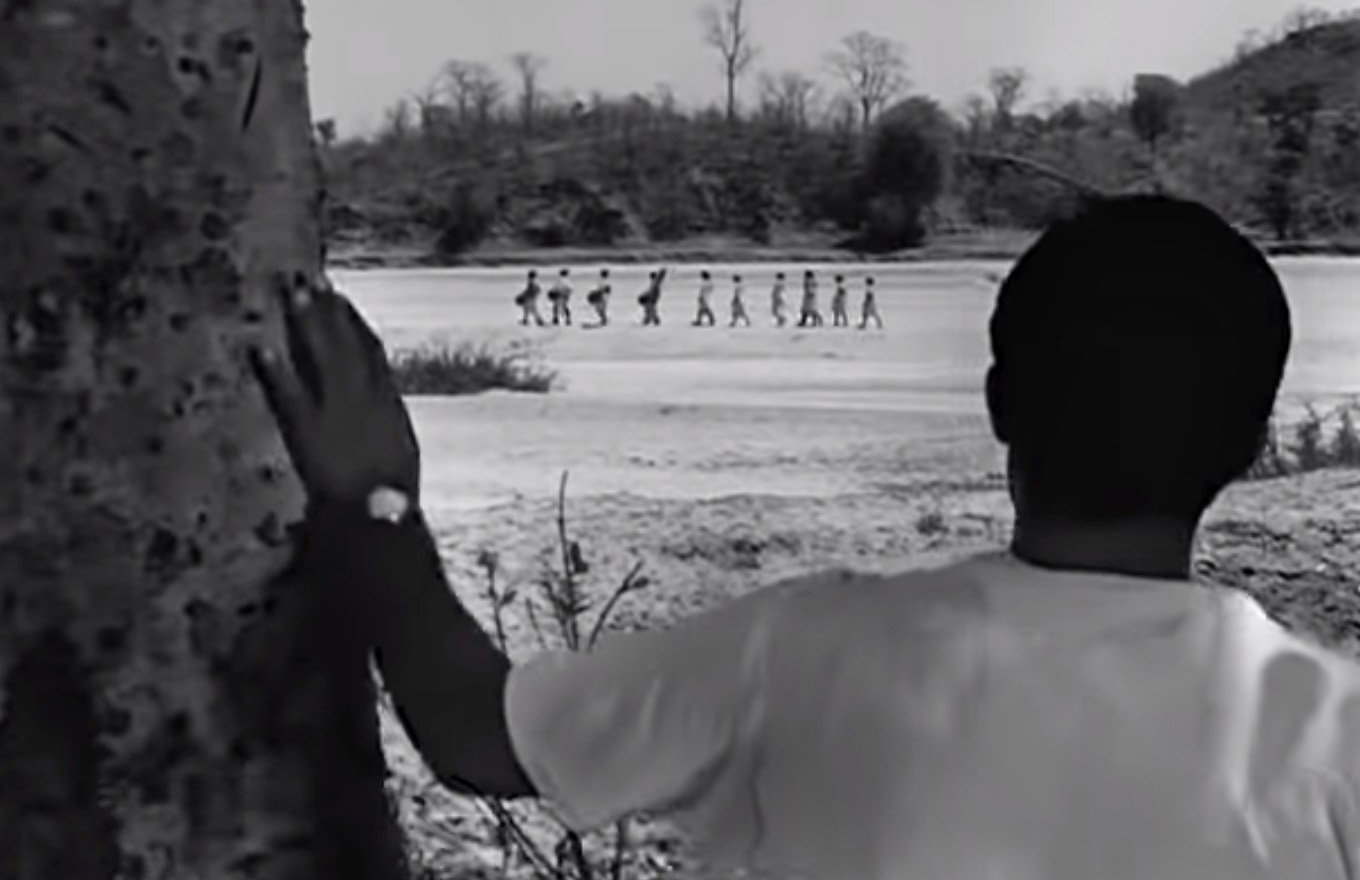
One could observe interesting use of semiotics to have more insight into the characters. All actors never seemed to ‘act’ at all. The audience becomes a part of the film as if eavesdropping into their lives and invisibly enter their realm. Ray definitely knew the trick of motivating every actor (no matter how ‘trivial’ their roles were) to involve themselves fully into the characters and get the best out of them. Rabi Ghosh remains my personal favourite


Ray’s portrayal of women from the city bourgeois to the tribal.
The credits created using stencils certainly involved a lot of manual hard work, which we, at this digital drag and drop era of editing will hardly realize.

How Satyajit Ray filmized novels? Did he remain true to the novels? Does it even required?
Ray seems to have had his own interpretations of the novel which he crafted into the movie version. He justifiably exercised his liberty to discard / alter and create new scenes / plots to suit the flow of the movie equivalent of the novel. After all a screenplay is a story told in pictures and it is bound to be a little different from the novel.


